The arrogance of genius and the cost of growth: a reflection on the professional ethics behind the conflict between Sabalenka and her former coach.
Recently, Sabalenka's former coach, ex-ATP player Tursunov, publicly criticized his former protégé in an interview, revealing the intense conflict that erupted during their collaboration in 2018 due to issues related to professionalism. This revisiting of past events not only highlights the growing pains of a young tennis prodigy but also reflects the delicate balance of power between coaches and players in professional sports. When talent meets discipline and personality clashes with professional ethics, who should bear the cost of "right and wrong"?
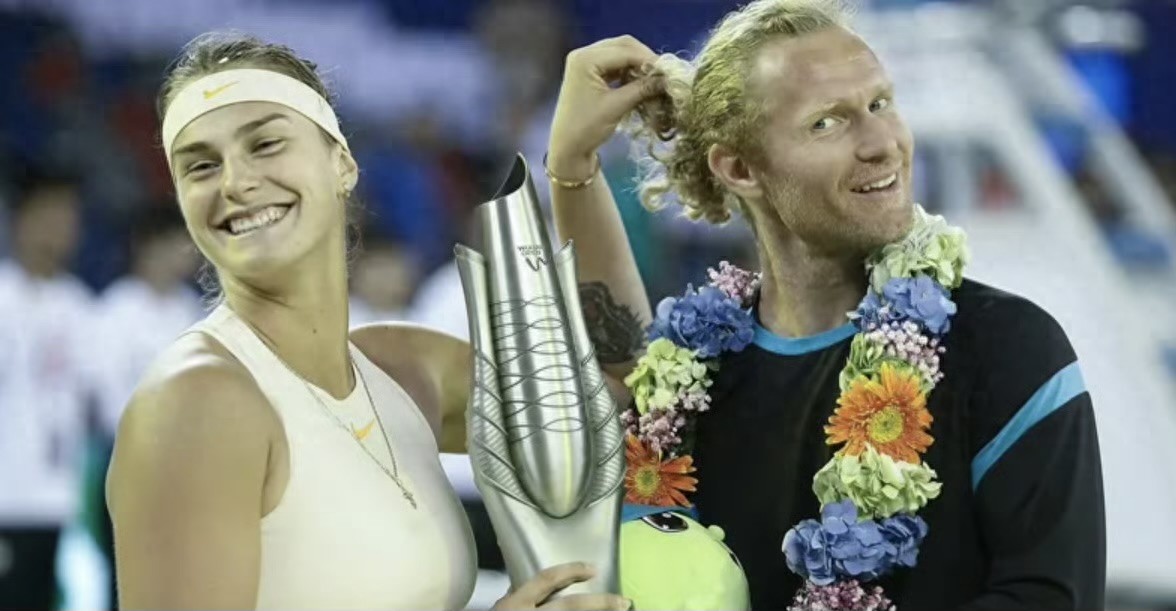
Tursunov straightforwardly stated, "At that time, I was fully committed, sacrificing everything for results. However, Sabalenka, due to her young talent, sometimes acted inappropriately. She did not mean to, but certain actions indeed shocked me." The former coach pointed out Sabalenka's "carefree" behavior early in her career. He mentioned her "playful antics" on the court while partnering with Hsieh Su-Wei in 2018, arguing that such an attitude disrespected both opponents and partners, wasting opportunities to compete for championships. What angered him even more was Sabalenka's obliviousness to this, as she viewed him as a "villain" after their disputes and pressured sponsors to change coaches.
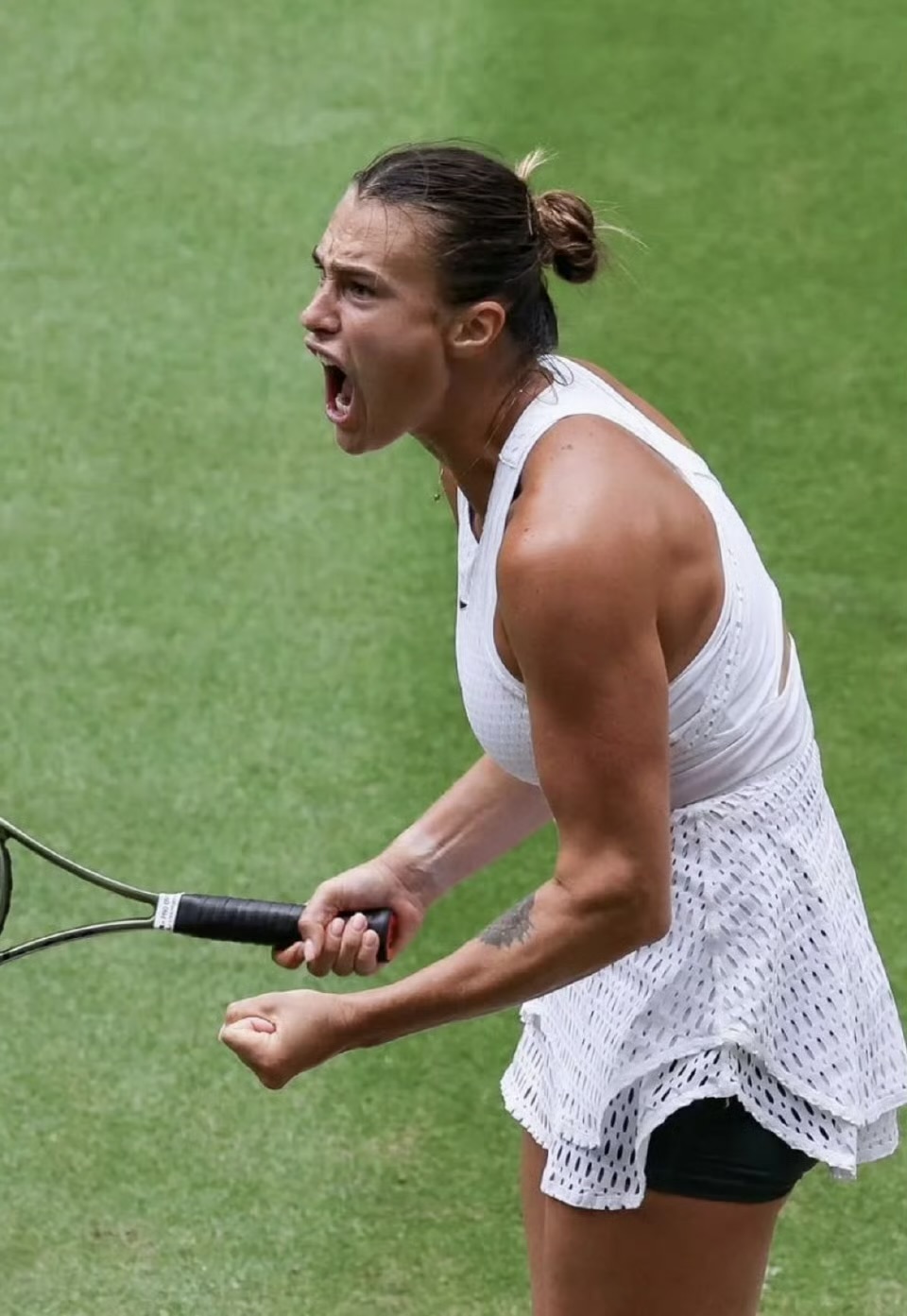
This incident exposes a classic contradiction: young prodigies often receive more leniency due to their exceptional talent, yet the harshness of professional sports demands absolute focus and discipline. At that time, Sabalenka's world ranking was soaring, and her rapid rise in performance may have led her to underestimate the importance of details. In contrast, Tursunov, as a coach seasoned by the rigors of professional tennis, clearly held a dedication to "respecting the court" that aligns more with traditional professional ethics.

The aftermath of the conflict is even more controversial, as Sabalenka's actions to change coaches through sponsors reveal a reallocation of capital and discourse power in modern professional tennis. The relationship between coaches and players is no longer a one-way "master-apprentice" dynamic, especially after the rise of star players, where sponsors, team interests, and individual player wishes often create a complex game. Tursunov's strict demands were seen by Sabalenka as an unacceptable offense, while her response, bypassing direct communication and leveraging commercial resources, showcased the new generation of players' control over their own power dynamics.
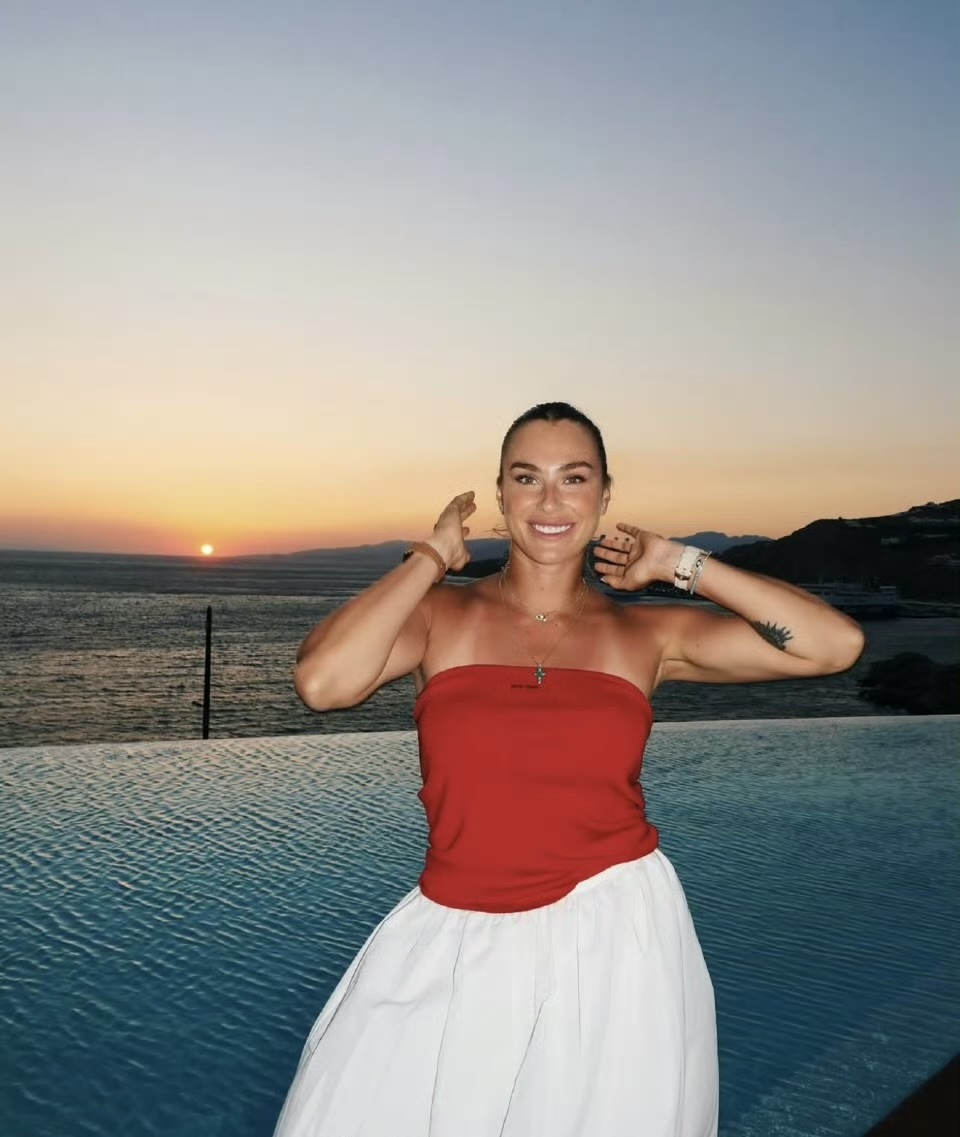
The deeper issue in this game is: when the authority of the coach conflicts with the personality of the player, which side does the evaluation system of professional tennis lean towards? Looking at the results, Sabalenka's subsequent breakthroughs with a new coach seem to validate her need for a coaching style that aligns better with her personality. However, Tursunov's insistence on professional spirit also defends the bottom line of the sport.
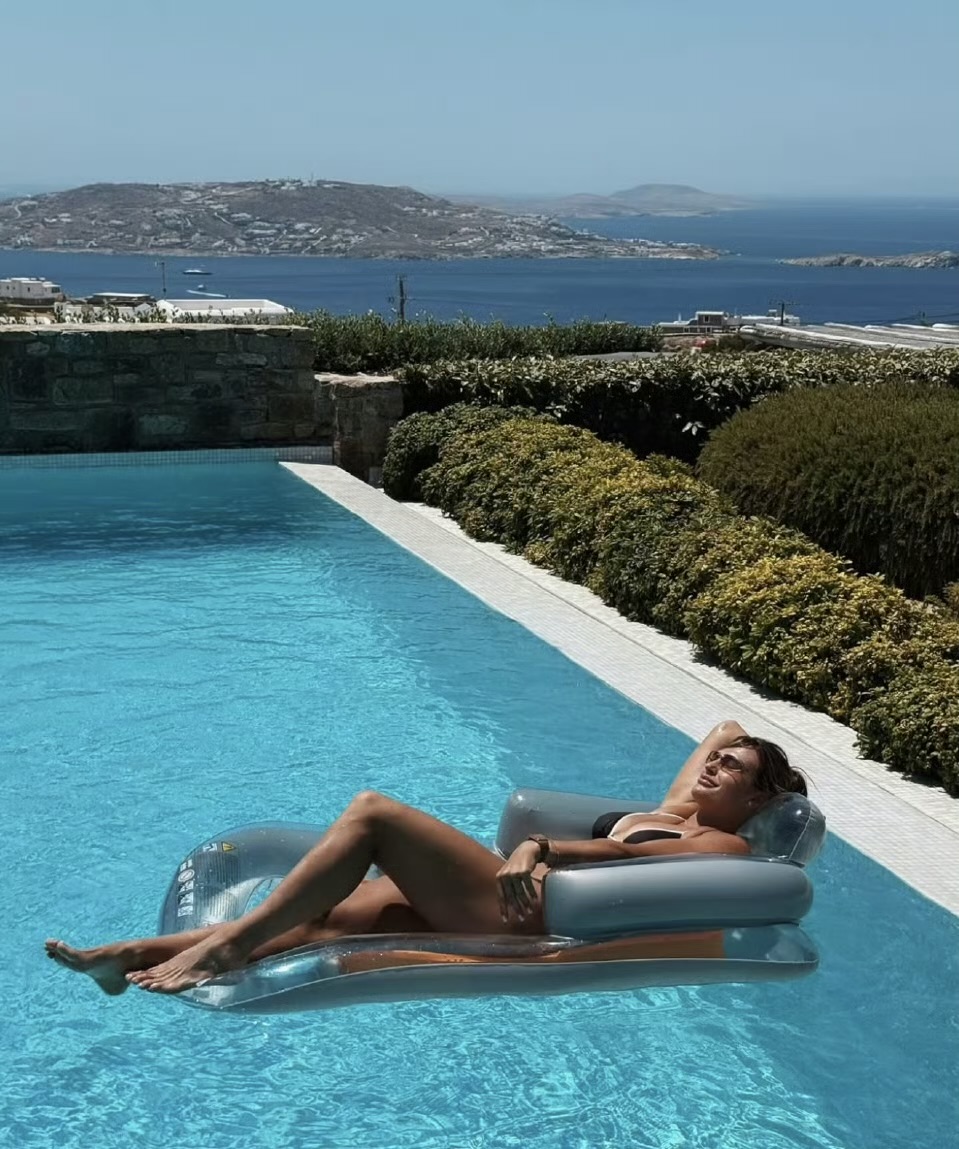
Sabalenka's case is not an isolated incident. From Kyrgios to Badosa, the rebelliousness of young players is often labeled as authenticity, yet it can also become a professional bottleneck. Tursunov's accusations pose a question: when the self of a talented player conflicts with professional norms, should there be a forced correction, or should one adapt to the situation?
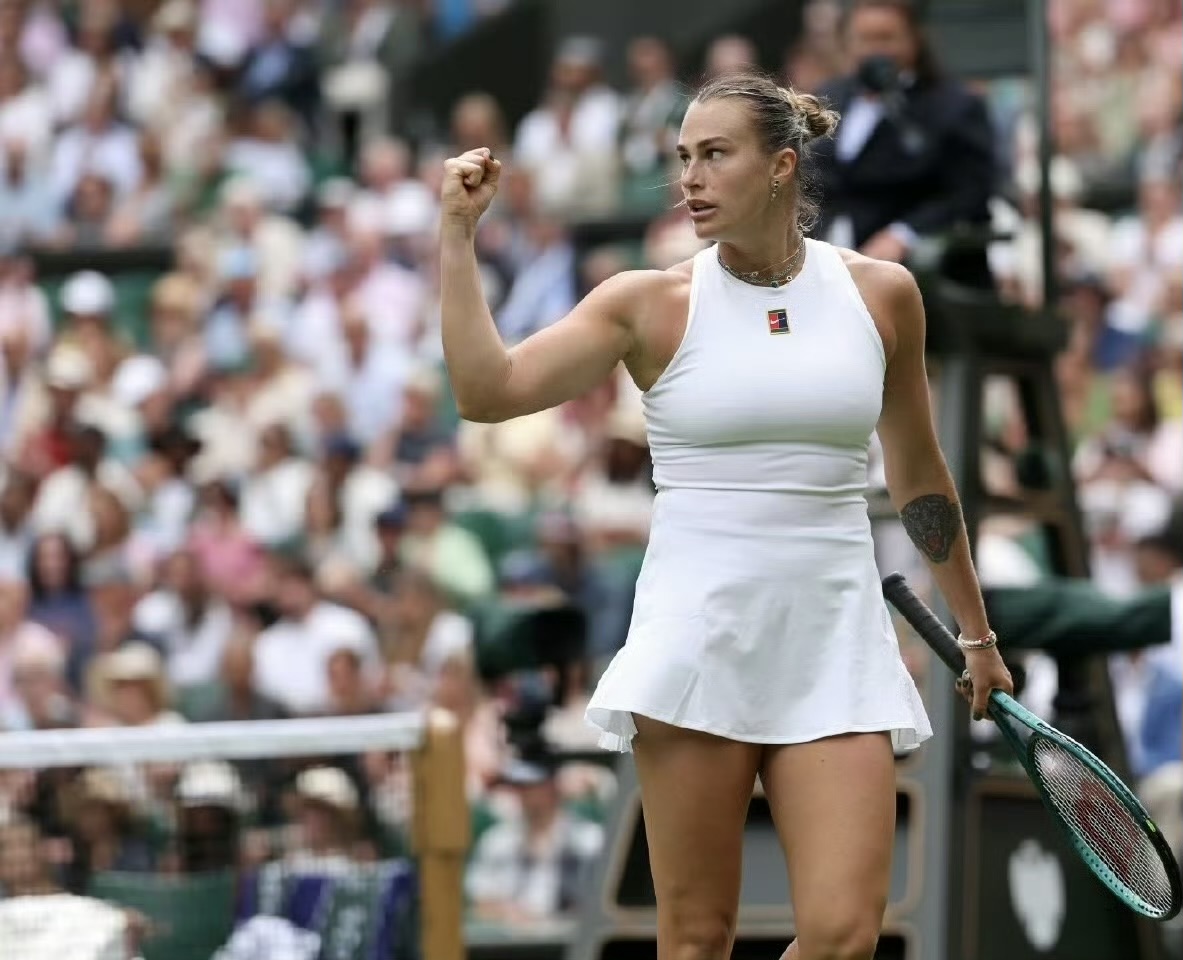
History often provides the latter answer. Federer was known for his temperamental racket-smashing early in his career, and Nadal faced strict discipline from his coach Toni during his teenage years; both ultimately found balance through personalized adjustments. Sabalenka's split from Tursunov may simply be an inevitable cost in her search for a "suitable match." However, it is undeniable that this conflict serves as a wake-up call for all young prodigies: the harshness of professional sports will not be discounted by talent, and a careless attitude will ultimately incur costs in critical battles.
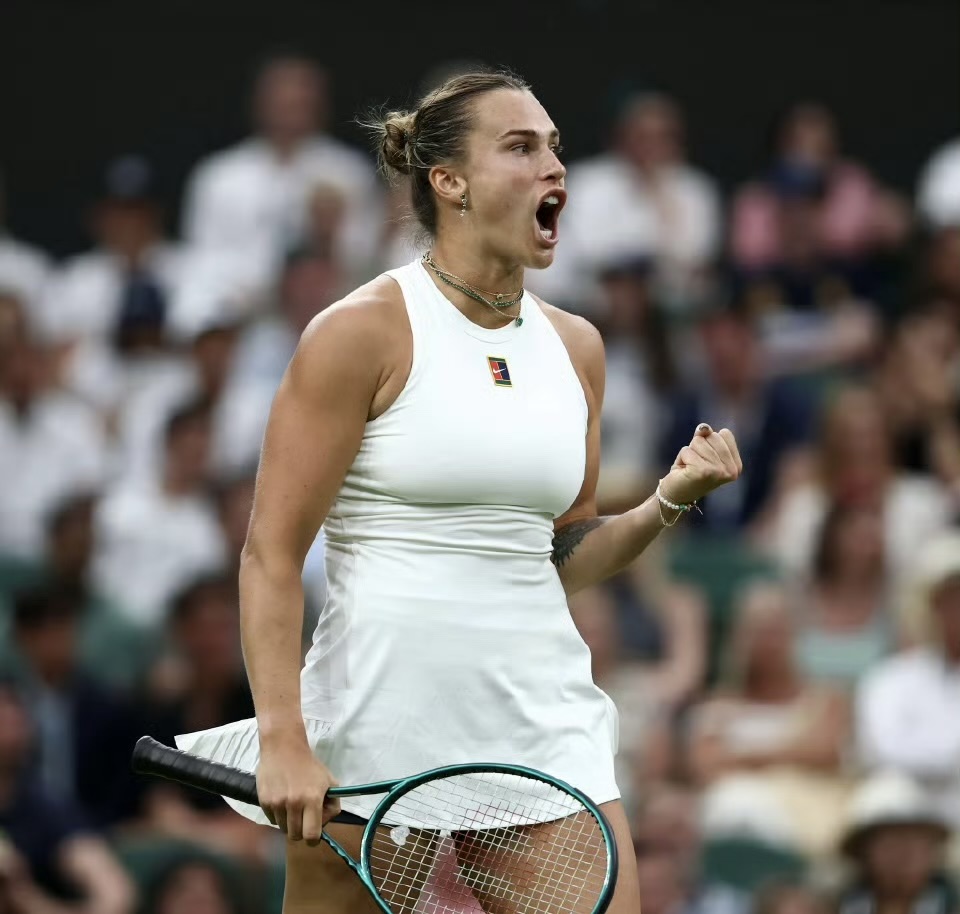
Now a Grand Slam champion, Sabalenka may no longer need to justify her past "playfulness"; Tursunov's resentment represents the discontent of a certain "old-school" practitioner. The value of this episode lies in its revelation of the changes in the ecology of professional tennis: as capital and personality gradually dismantle traditional authority, victory remains the only arbiter. However, finding a balance between "being oneself" and "becoming a champion" remains a necessary lesson for every prodigy.(Source: Tennis Home, Author: Mei)







 Links
Links
 Contact
Contact
 App
App


